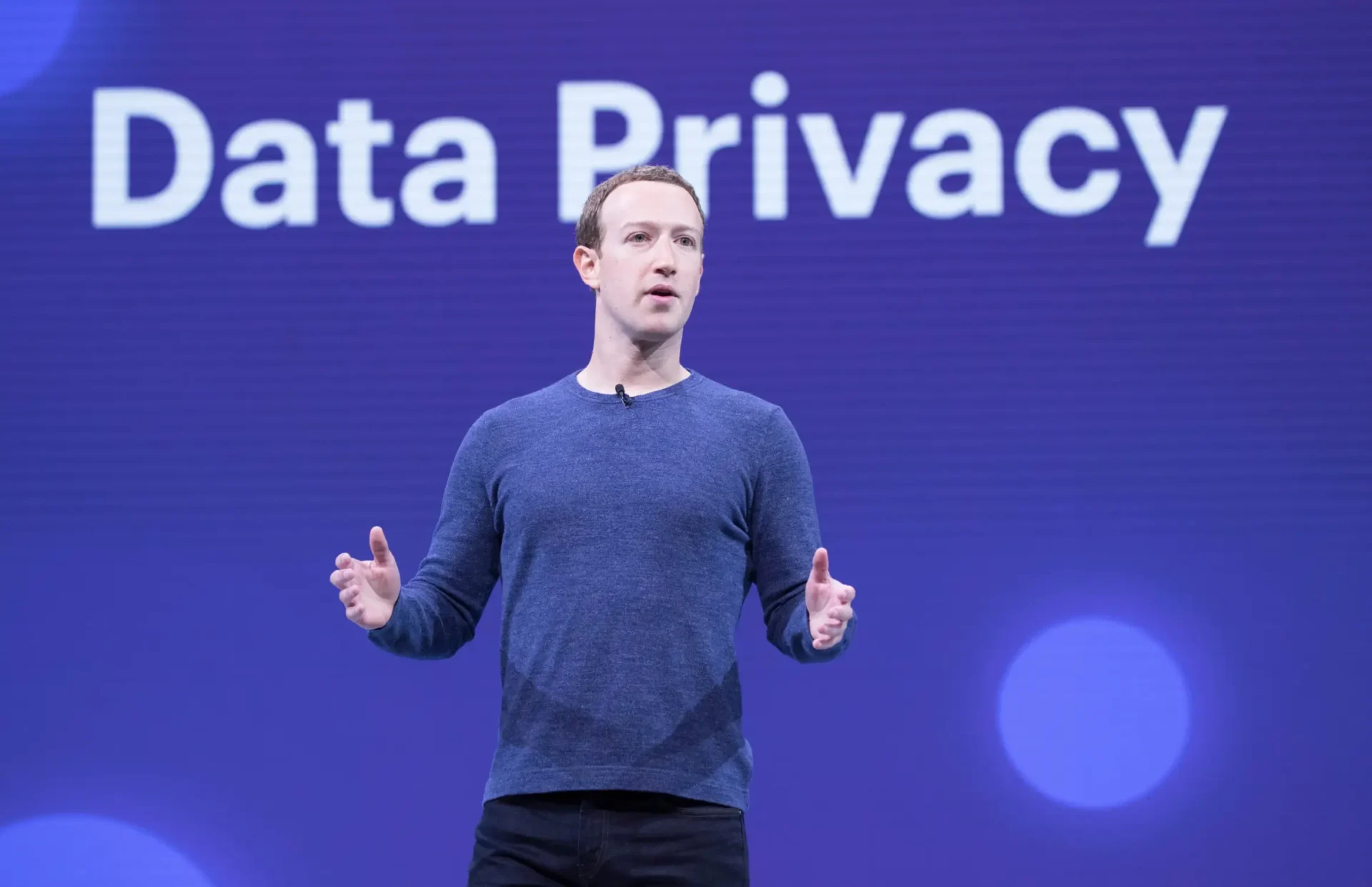On January 7, Mark Zuckerberg, CEO of Meta, announced that the company would stop performing third-party data checks on Facebook and Instagram and, instead, will adopt “community ratings,” leaving the verification of information’s accuracy in the hands of the reviewers themselves, the users. The move surprised platform users, pundits, and decision makers.
The regulation of digital media has become one of the most urgent topics of public debate — whether in specialized debates in various areas of research, or in confrontations between state authorities and agents of the political system — when the subject is the challenges posed by the great transformations of politics and social interactions in the era of digital communication.
There are many reasons listed and discussed by different social and political actors for this agenda to have gained strength in public opinion. Among them, we can highlight (a) the lack of transparency regarding internal decisions on the operation of the mechanisms of visibility of content on digital platforms; (b) the opacity regarding the amounts collected and distributed by companies that manage platforms that host different accounts and channels on digital networks; (c) the lack of greater openness of the platforms to the work of inspection and control by the State, either to ensure sanction and correction actions, or to produce equality in the official election campaign periods; (d) and the lack of transparency regarding the mechanisms and decisions that affect the operation of algorithms as curation mechanisms and visibility production systems.
The issue of digital media regulation generates anxiety in public opinion. If, on the one hand, people perceive that misinformation is or can be a threat to society, on the other hand, they fear the loss of their freedom of expression (Jhaver and Zhang, 2023; Kozyreva et al., 2023; Innes and Innes, 2023; Wihbey et al., 2020). That said, what we see is that people are beginning to combine these two factors when developing their position on the desirable level of control over digital media (Jhaver and Zhang, 2023).
Based on data from a national research with 1,722 respondents, research conducted by FGV (Getulio Vargas Foundation) Comunicação-Rio in August 2023 analyzed Brazilians’ perception of online content regulation policies as a tool to defend democratic values and institutions. The results showed that 34.9% of respondents said they completely agreed with the statement that the defense of democratic values and institutions justifies the regulation of content shared on social networks and 29.3% of Brazilians completely disagreed with the statement. There is also a group of Brazilians with not so clearly defined positions. Nineteen percent of respondents partially agreed with the regulation of online content to defend democracy, 11.5% neither agreed nor disagreed and 5.4% said they partially disagreed.
In addition to highlighting dissent on the issue, the study delves deeper into the analysis and identifies that ideological and political factors influence perceptions of online content regulation. On the one hand, left-leaning voters tend to support online content regulation as a tool for protection, but also tend to view misinformation as a serious threat to democracy. In contrast, right-wing and center-right voters show greater resistance to regulatory initiatives, relativizing the impacts of disinformation on democratic regimes. Among these groups in opposing positions, research shows that a part of the population, that does not clearly identify with a political ideology, tends to adopt more neutral positions.
Regarding the 2022 runoff election, it is observed that among respondents who expressed total disagreement with content regulation, 89.52% chose Bolsonaro and only 4.5% chose Lula. On the contrary, among those who totally agree with content regulation, 82.9% said they voted for Lula and 11.8% for Bolsonaro.
In comparative terms, if the discussion on the accuracy of the diagnosis on the polarization of ordinary political disputes may suffer from many conceptual weaknesses, there is no doubt that, if the issue is the regulation of digital media, we have an effective polarization in Brazilian society.
Thus, when Zuckerberg announced his new stance on relaxing content moderation practices and openly criticized government efforts to hold platforms accountable for the content they publish, Meta’s CEO gave a direct signal to the American right, which prioritizes freedom of expression as a value that prevails over other fundamental rights. The regulation of online content is now considered a threat to the fundamental principles of American society. Moreover, the positioning of the Meta representative offers hints of a diminished understanding of the risks of disinformation to democracy.
*Machine translation proofread by Janaína da Silva.















